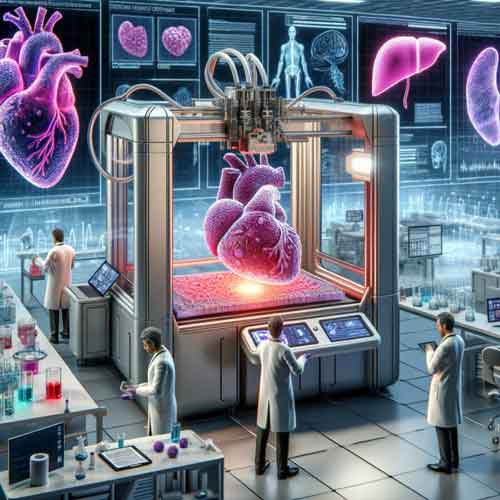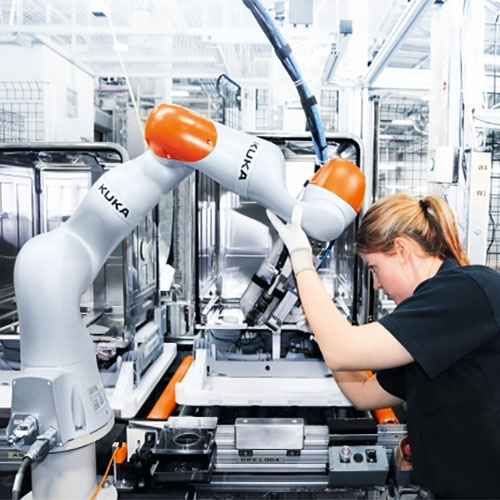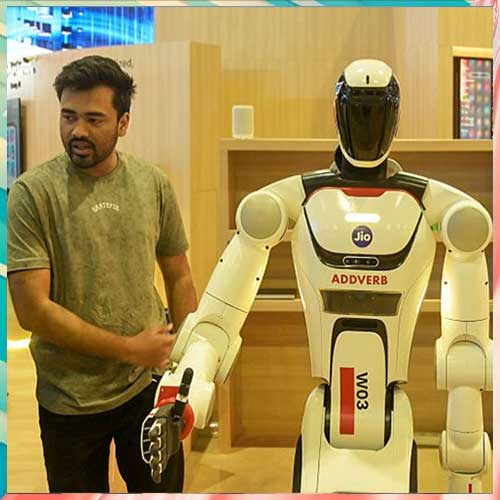
The fusion of 3D printing and artificial intelligence (AI) is revolutionizing how we design, produce, and innovate across industries. While 3D printing enables the rapid and customizable creation of physical objects, AI is bringing intelligence, precision, and adaptability to the process. Before we deep dive into the trend and see its current scenario in India.
AI enhances 3D printing by optimizing designs before printing even begins. Generative design, powered by machine learning algorithms, can analyze goals and constraints to suggest the most efficient shapes and structures—often beyond what human designers could imagine. This not only improves product performance but also reduces material waste and energy consumption.
In manufacturing, AI monitors real-time data during the 3D printing process to detect defects, adjust parameters, and ensure consistent quality. This makes additive manufacturing smarter and more scalable, paving the way for mass customization and on-demand production. Industries such as healthcare, aerospace, automotive, and construction are already reaping the benefits.
Talking about India, we see it rapidly embracing the fusion of AI and 3D printing across sectors like healthcare, aerospace, automotive, and construction. Startups like Supercraft3D and Think3D are revolutionizing healthcare with AI-powered, patient-specific prosthetics and surgical models. HAL and ISRO are adopting additive manufacturing for lightweight aerospace components, supported by AI for design optimization.
Automotive giants such as Tata Motors and Mahindra use these technologies to boost R&D and reduce product launch timelines. In construction, Tvasta, an IIT Madras startup, built India’s first 3D-printed post office in Bengaluru, showcasing the potential for AI-enhanced structural design. With government initiatives like Make in India and Digital India, AI and 3D printing are poised to localize production, strengthen supply chains, and position India as a global tech leader.
Looking ahead, the integration of AI and 3D printing will likely lead to fully autonomous manufacturing systems, where machines design, test, and produce products with minimal human intervention. This shift holds immense potential for supply chain resilience, sustainable production, and rapid innovation.
See What’s Next in Tech With the Fast Forward Newsletter
Tweets From @varindiamag
Nothing to see here - yet
When they Tweet, their Tweets will show up here.





























